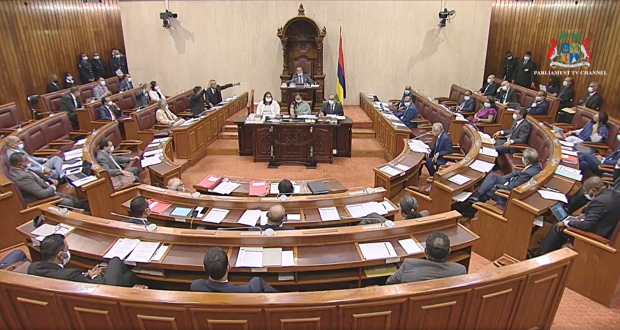Publicité
The wrath of the middle class
Par
Partager cet article
The wrath of the middle class


Mauritians are disillusioned with their system of government. One indication of this is the perennial rage and mockery directed towards the political class. Why is this so? Is it just the industrial-scale corruption and nepotism? That has always been there and every government boasts its own list of scandals. There has to be something more driving it.
What most observers miss out is the fact that one of the reasons for the deepening anger is a gaping blind spot built into the Mauritian variant liberal capitalism. Until recently, liberalism worldwide assumed that social stability was linked to poverty, so to prevent any revolutions or political instability, any government would need to give out sops to the poor. Within Mauritius, this meant that our peculiar variant of capitalism always threw out budgets hinged on two main ideas: the rich needed to be bolstered under the guise of trickle-down economics, while to make all this more palatable, and ostensibly to boost social stability, every budget contained some goodies for the poor: roof-slab schemes, low income housing etc. etc.
Lost in the blind spot was the great middle. The middle class, not rich enough to benefit from trickle-down economics, and not poor enough for the government to direct social measures towards them, have long felt the squeeze. As they deal with a falling rupee, rising prices, low wage growth, low interest on savings, consumption taxes, lack of job security and skyrocketing housing prices, it seems they have been lost on every government’s radar. As long as the poor are happy and eating, the assumption goes, things won’t fall apart.
This of course is nonsense, historically speaking. The communists knew this that is why despite deifying the working class, they knew that most of the poor are too busy earning a crust to think about overthrowing the system. That is why communist parties, mostly led by middle-class revolutionaries, were needed. The history of most modern revolutions bears this out. In Russia, the most ardent revolutionaries were middle-class intellectuals: Lenin was a lawyer, Trotsky a writer and Stalin a former seminary student. During the French revolution, the most ardent head-choppers were not the starving peasants in the countryside, but the sans culotte, a volatile middle-class mix of shopkeepers, merchants, hairdressers, shoemakers etc. In the Iranian revolution too, merchants in the bazaar and a clerical class spearheaded a revolution in an apparently booming, but authoritarian, oil economy. In our backyard, African coups are usually spearheaded by middle-class army officers, but desperate country people.
Social stability depends not upon absolute, but relative privation. And with the most to lose, it is the intermediate and middle classes that are usually the most volatile and drive most of the anger towards a government. So long as Mauritian governments keep focusing only upon photo ops with the poorest of the poor, and giveaways to the rich, while ignoring a long-suffering middle class in between, the anger will only continue to grow.
For more views and in-depth analysis of current issues, Weekly magazine (Price: Rs 25) or subscribe to Weekly for Rs110 a month. (Free delivery to your doorstep). Email us on: weekly@lexpress.mu
Publicité
Les plus récents






